UNHRC must step up efforts to advance accountability for serious violations in Sri Lanka: Amnesty Intn’l
Amnesty International urged the United Nations (UN) Human Rights Council (HRC), when it meets for its 46th session (22 February – 19 March 2021), to establish an international accountability mechanism to continue to monitor and report on the human rights situation in Sri Lanka, and to collect,preserve and assess evidence of gross human rights violations.
Issuing a statement today, the global human rights adovocay body said that such a mechanism is critical in the face of the continued deterioration of the human rights situation on the ground, including: increased attacks on human rights organizations, media, and members of the Muslim community; backsliding on the limited progress made on the implementation of HRC resolution 30/1, including on accountability; and Sri Lanka’s announcement they are disengaging from the 30/1 process altogether.
“We hope to see states work towards such an appropriate response, in line with the clear recommendations of the UN Office of the High Commissioner for Human Rights (OHCHR), when the HRC meets for its 46th session,” the statement said.
Amnesty International said it is also increasingly concerned about the targeting and discrimination of minorities in Sri Lanka. As noted by the UN Special Rapporteur on freedom of religion or belief, Ahmed Shaheed, Muslim communities in Sri Lanka have faced increasing hostility, especially after the April 2019 bombings. In his end of mission report (August 2019), he expressed concern that “prior impunity has strengthened the anti-Muslim groups,” and that “weak and un-coordinated responses to antiMuslim violence have seen the rise in violence and attacks on individuals and the communities in some parts of the country.
The advocacy body urged all States at the HRC to encourage and support the robust approach necessary. To do otherwise would be to send a very dangerous message to perpetrators everywhere that even a state accused of the most grave crimes under international law can escape meaningful scrutiny by the HRC and benefit from rewards by merely refusing to cooperate with a carefully negotiated process.
“States should stand on the side of victims, their families, and all those pursuing justice and the protection of human rights on the ground, often at great personal risk, by putting in place a mechanism that can monitor and report on the situation, and collect and preserve evidence for future prosecutions,” the statement said.
-
Still No Comments Posted.




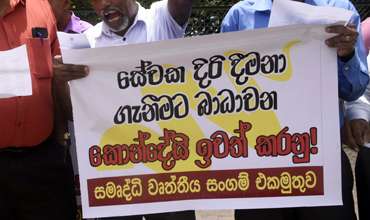

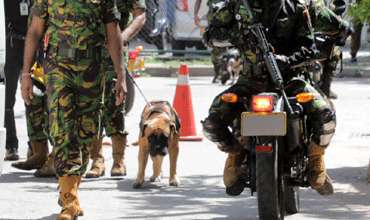

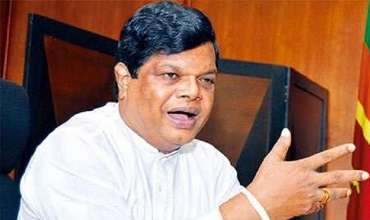

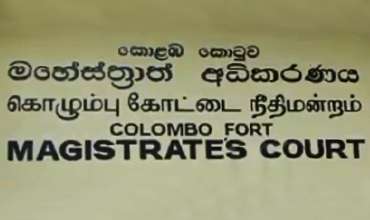
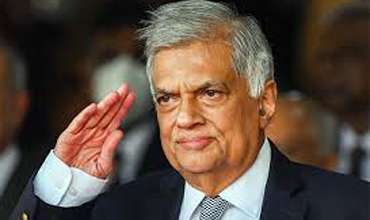
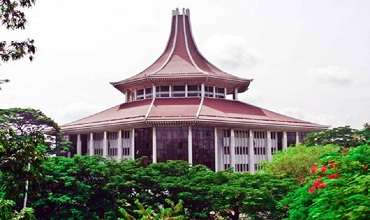


Leave Comments